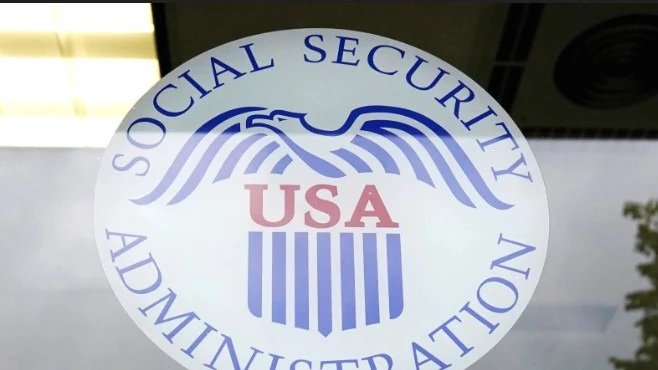Social Security benefits are a vital source of financial security for millions of Americans, particularly those in retirement. The new Social Security Benefits Law has resulted in changes that are expected to transform how public-sector workers, including teachers, firefighters, and police officers, get benefits. This change addresses long-standing concerns about fairness, ensuring that those who have dedicated their careers to public service are not unfairly penalized.

In this detailed guide, we’ll look at what the new law contains, who is affected, and how workers may prepare for the changes. Whether you’re approaching retirement or looking forward, this article provides valuable insights, practical guidance, and tangible strategies.
New Social Security Benefits Law Approved
The new Social Security Benefits Law is a big victory for public-sector employees, reversing decades of inequality caused by WEP and GPO. The elimination of these penalties ensures that millions of people receive fairer benefits and have more financial security. When combined with a 2.5% COLA increase for 2025, these adjustments highlight the necessity of keeping educated and proactive in retirement preparation.
The Social Security Fairness Act, just passed by the House of Representatives, addresses two long-standing Social Security issues: the Windfall Elimination Provision (WEP) and the Government Pension Offset. These restrictions have disproportionately impacted public sector workers, decreasing or abolishing their Social Security benefits after years of contributions.
About WEP and GPO
- Windfall Elimination Provision (WEP): This affects Social Security benefits for people who receive both public pensions and private-sector earnings. For example, if a teacher worked part-time in a private job while also contributing to a public pension, their Social Security benefits may be decreased by up to half.
- Government Pension Offset (GPO): This has an impact on survivor benefits. For example, a retired fireman qualified for spouse or survivor benefits may see their payments reduced or even eliminated as a result of earning a government pension.
Impact of New Law
- The elimination of WEP and GPO implies that public-sector employees will no longer face fines that lower their benefits. This levels the playing field and ensures that these employees receive the benefits they have earned.
- In addition to removing WEP and GPO, the Social Security Administration (SSA) has proposed a 2.5% cost-of-living adjustment (COLA) in 2025. This means that the average monthly payment will rise from $1,921 to $1,969, giving much-needed assistance as costs rise.



